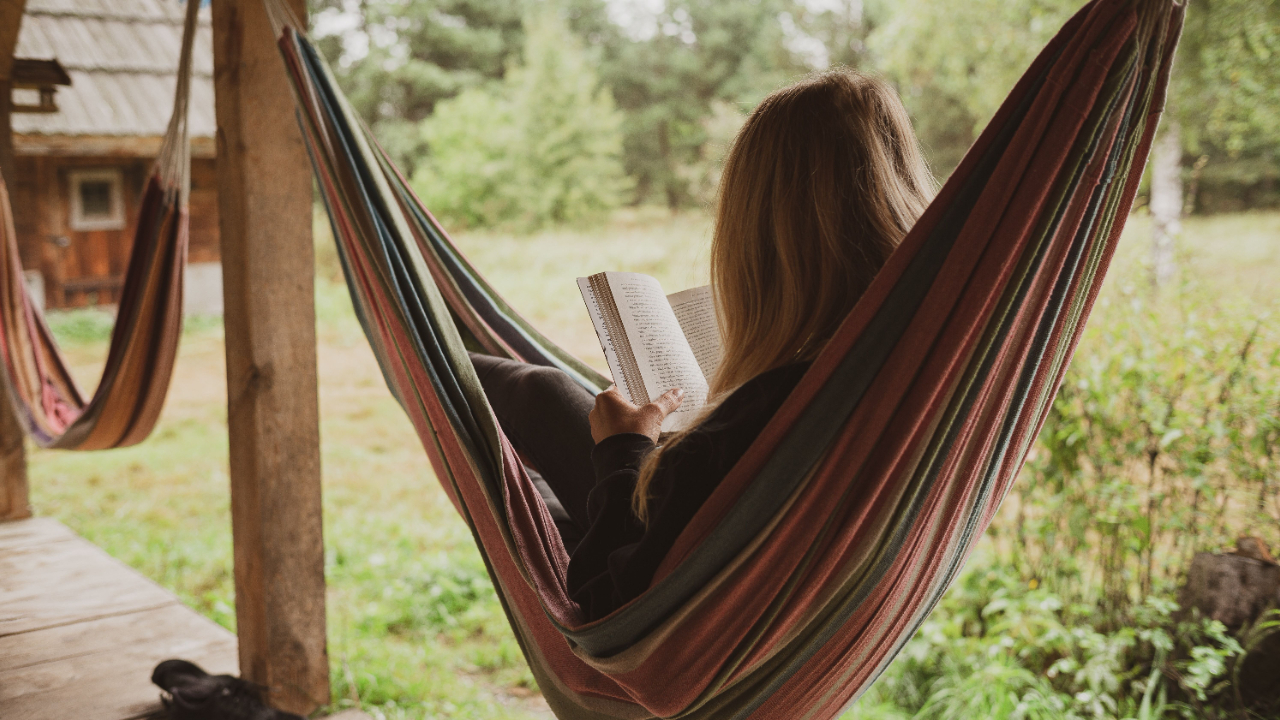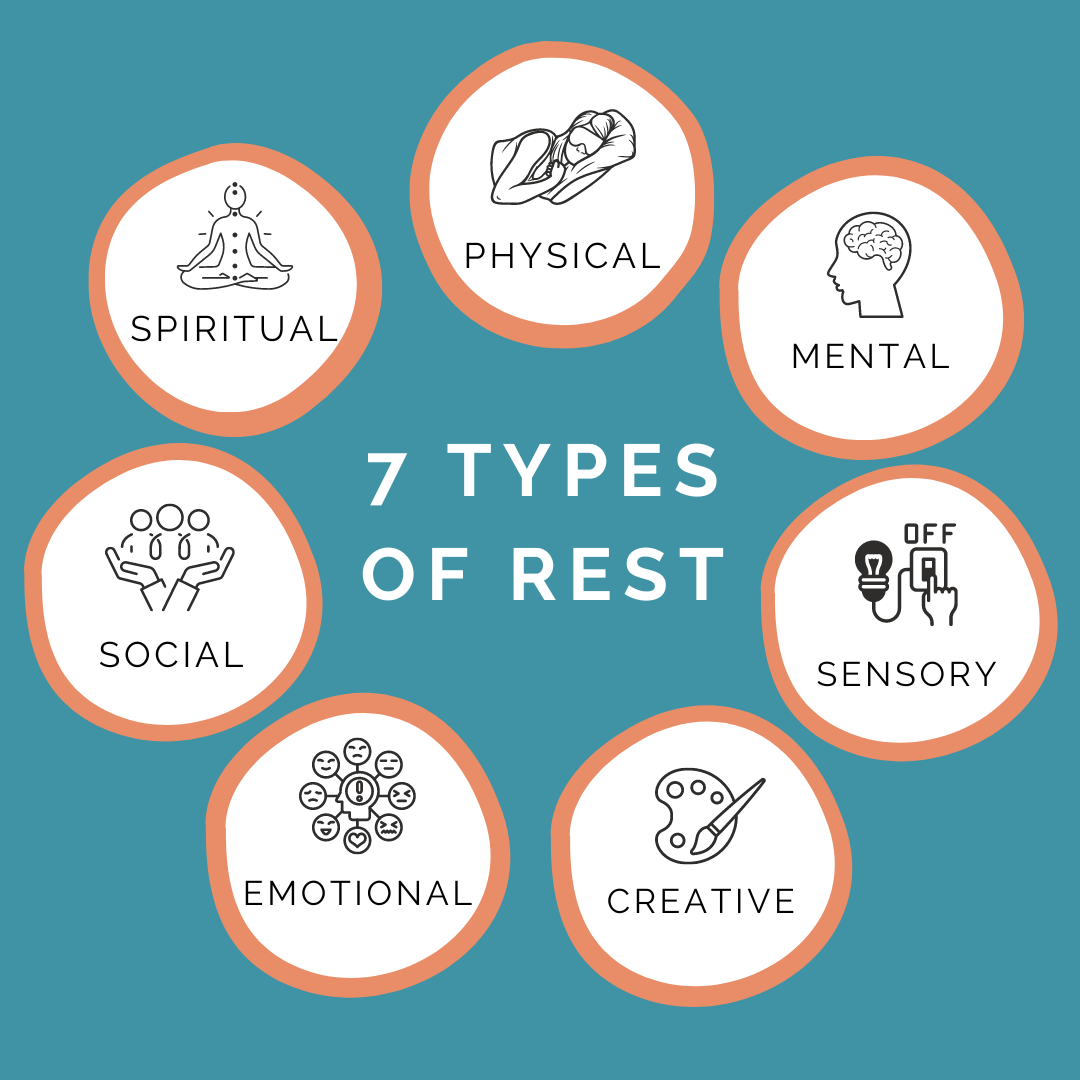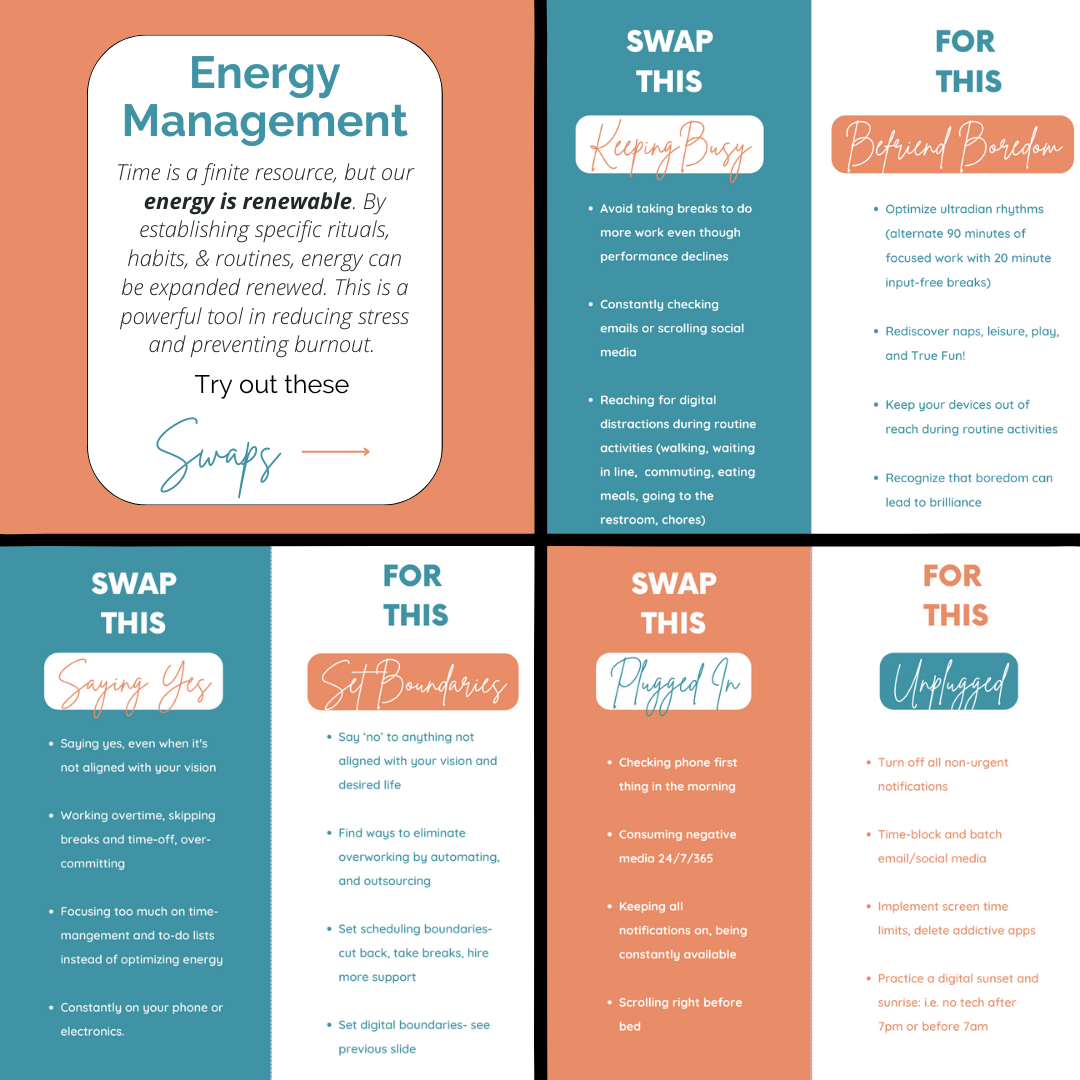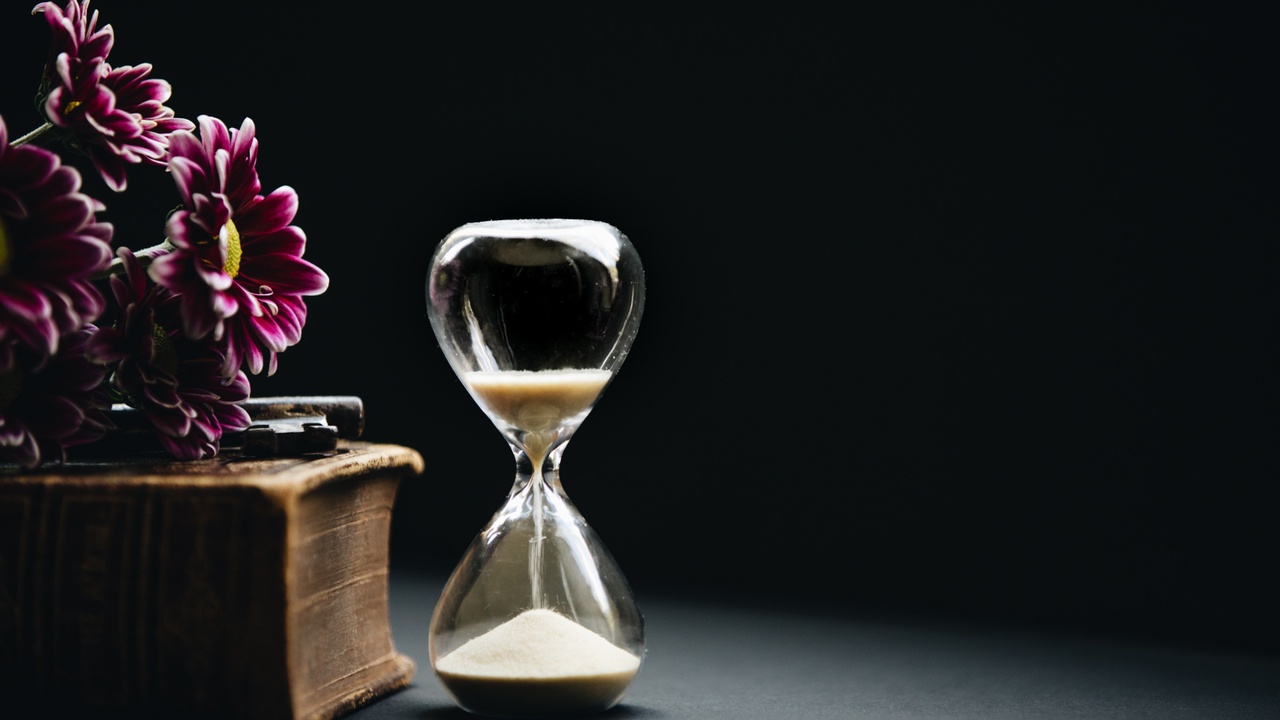Rest, Retreat, and Recharge: The Seven Types of Rest and the Importance of Retreats to Recharge
Mar 14, 2023
Do you feel chronically drained and depleted? Even after a weekend of catching up on sleep, you wake up on Monday morning already exhausted for the week ahead?
It's a common mistake to confuse sleep with rest, but the truth is, they're not the same thing. Many of us go through life thinking that getting enough sleep is enough, but we're actually missing out on the other types of rest that our bodies desperately need. This leads to a culture of overachievers who are chronically tired and burned out.
It's time to recognize the true power of rest and address our rest deficit.
Did you know that there are seven different types of rest?
That's right! It's not just about getting enough sleep at night. The seven types of rest are physical, mental, emotional, sensory, creative, social, and spiritual rest.

- Physical rest is important for our bodies to recover from physical activity, such as exercise, taking care of others, or labor-intensive work. Physical rest is all about giving your body a break. This means taking a nap, practicing restorative yoga, going for a walk, or just lying down and doing nothing for a while.
- Mental rest is all about giving your mind a break and is essential for our minds to process and digest information. This means meditating, practicing yoga nidra, doing some deep breathing, taking frequent non-input breaks through the workday, or just taking a few minutes to stare out the window.
- Emotional rest is necessary for us to process our feelings and emotions. This means spending time self-reflecting, journaling, processing difficult emotions, or speaking privately with a therapist, counselor, or coach.
- Sensory rest is all about taking a break from all the stimuli around you. This means turning off your TV, taking out the earbuds, getting away from screens, turning down the lights, and just taking some time to be present in the moment.
- Creative rest is all about giving your creative side a break and reawakening the awe and wonder inside us. This means doing something totally different - going for a hike, practicing art or music, taking a dance class, or just trying something new. Consider also surrounding your living and work space with beautiful works of art, inspiring music, and views of nature (think plants, windows, posters, etc.).
- Social rest is all about taking a break from socializing. This means taking some time to be alone, connecting in a meaningful and deep way with loved ones, indulging in some solo activities, or just disconnecting from social media for a little while.
- Finally, spiritual rest is all about taking care of your soul. Spiritual rest is necessary for us to connect with our inner selves and our higher power, and can be done through activities like practicing your faith, meditating, connecting with a mission greater than yourself, or just spending some time connecting with nature.
The next time you're feeling exhausted, you may not just need more sleep. While sleep is incredibly healing, sleep alone can’t restore us to the point we feel rested in all areas of our life.
Balancing all types of rest throughout your life is essential to recharge your batteries so you can show up as a happier, more energized, and more productive version of yourself!
When we avoid rest and simply try to get more done by working longer hours, we will burn out. Time is a finite resource. The to-do list will never end.
Instead, we must focus on managing energy instead of time. Energy can be expanded and regularly renewed by establishing specific rituals, habits, and routines. But it requires slowing down and truly embracing all forms of rest, something many of us are conditioned to avoid.
My top tips for managing my energy:
💫 Befriend Boredom
💫 Unplug
💫 Set Boundaries
💫 Embrace Fun
💫 Build regular opportunities to rest and retreat

This can be extremely difficult for those of us high achievers who feel the constant pressure to be doing more. The easiest and fastest way to reap all of the rewards of rest is through building a personal practice of retreating.
Retreats are periods of time ranging from a half-day to a week where you focus on yourself and your well-being. Retreats are the ideal way to recharge your energy with the structure and accountability of a plan. I plan for a personal day-long or weekend retreat once a quarter.
So how do you retreat? After reflecting on which types of rest you need to focus on, you can carve some time out of your schedule and design that time around what will make you feel the most refreshed and rejuvenated. These experiences can be as simple as taking an afternoon off of work and staying home to rest, or perhaps involve a weekend adventure into nature, or even a weeklong destination retreat. They can be self-guided, done in pairs for accountability, or with a coach or teacher for extra guidance and support.
The first few times I did my own solo retreat weekend at home, I really struggled with truly unplugging and keeping my calendar clear for myself. It is too easy to allow outside plans to fill that important time.
This is why I love guided retreats, both in-person and at home. If you’ve never participated in an at-home retreat, don’t worry. I’m going to break it down for you.
Step 1: Schedule it!
- Put it on your calendar as an event.
- Ideally, block out Friday evening through Sunday night.
- At the very least, block out the full day on Saturday or Sunday.
Step 2: Design your ideal weekend.
- Identify what you really need the most. Think about what you want your weekend to look like. Make a list of how you'd like to ideally spend your time. Perhaps it is starting the morning with tea and a guided meditation. Taking a walk in the sunshine. Practicing yoga. Getting lost in a book for pleasure. Playing an instrument. Doing a puzzle. Going for a hike. Cooking your favorite meal.
Step 3: Set up your sacred space.
- Create a retreat corner! Set up your yoga mat, some pillows and a blanket for meditation/yoga nidra, a journal, and maybe even a fancy candle.
Step 4: Do it alone (without distractions but with support)
- Resist the urge to make plans. If possible try to do it when no one else is home. If you can’t be alone, set a boundary with your partner/family that you will be unavailable for a certain amount of time. I’ve even had past clients book a hotel for the weekend so they could actually retreat from the chaos of their kids for the weekend. Ask for friends or family to support with child care for some or all of the weekend.
- It can be incredibly helpful to enlist a friend, coach, or teacher to help you stay accountable and on track.
Step 5: Unplug!
- Digital devices leverage our dopamine-driven desire for social validation, new info, and intermittent reward to create habitual, addictive use. The #1 thing you can do to reduce stress and reset is to unplug
- Turn off all non-urgent notifications. Set a boundary with friends, family, and work that for this weekend retreat, you will be unavailable. Consider setting an out-of-office email autoresponder if necessary.
- Consider a full detox from social media and email! If possible, delete those apps off your phone for the weekend!
- Practice a digital sunset and sunrise. Don’t charge your phone in the bedroom and do not check your phone 1-2 hours before bed or after waking up.
- Replace phone time with FUN time. The best way to replace a bad habit is with a fun one!! Play and fun are antidotes to stress and have an incredibly positive impact on our mental and physical health.
- Cultivate more moments in your weekend that involve less screen time and more playfulness, connection, and flow.
- A quick note on how to unplug while participating in a virtual retreat. It’s okay to use your devices in moderation for things that cultivate more peace, calm, playfulness, connection, or flow. It’s all about the intention behind WHY you are checking your phone and not getting lost in a digital black hole. It’s okay to use your devices to log into this portal or use a meditation app. When I am unplugged, I often still use my phone to take photos of things that bring me joy, watch youtube videos to practice watercolor painting, or use an app so I can practice playing the ukulele!
Step 6: Make it a treat.
- Sprinkle in joy and play! This is a reTREAT. Make it special and treat yourself to something you don’t normally do — like a facial, order in from your favorite place, or a bubble bath.
Learning to recharge my energy through periodic retreats allows me to feel calmer and more relaxed, improve performance and productivity, get more done in less time, and enjoy my life more.
I've been saving the best news for last! I am teaming up with two incredible women in healthcare to offer you something truly epic; a self-guided, at-home retreat with a real-time community.
The Weekend Reset Retreat, March 17th- 19th
We are giving you 3 days of practices to rest, release your stress, and reset so you can experience more calm and presence every day. You don't have to do any planning or research. It's as simple as signing up and logging into the beautiful portal we've built for you.
And did I mention... it's totally FREE?
Even if you can't join us LIVE for the weekend of March 17-19th, signing up will still give you access to these tools to use on your own time.
It's our goal that by the end of the weekend you'll be feeling lighter and refreshed.
Click here to join us for the Weekend Reset Retreat.
Until next time,
Shivani
Photo by Radek Grzybowski on Unsplash





